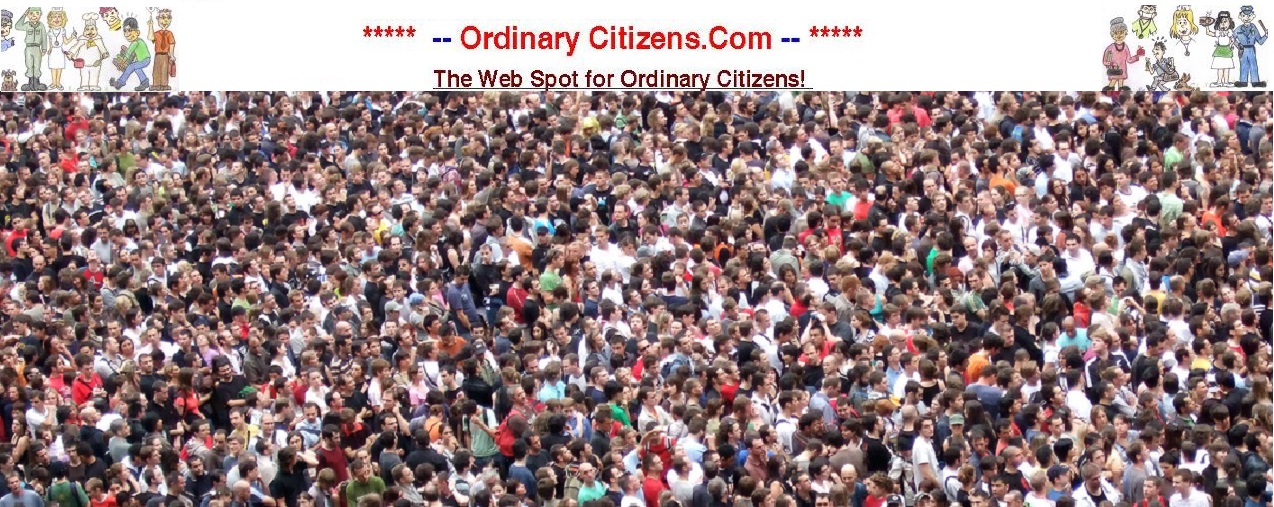Did Huxley Know About Our World?
Aldous Huxley wrote the Brave New World as a novel in 1932. What did he know way back then that would make his work apply over and over again. The book is clearly fiction as it is about the future. It's setting is London, 2540 A.D.
As if Huxley had a real glimpse into the 21st century, his book foresees that all of the reproductive innovations that today are just notions in a lab someplace, including biological engineering, and sleep-learning, will be commonplace in the future and will be used to change society. This novel discusses drugs used as pacifiers to make the people feel better and loudspeakers to get across the message loud and clear.
Brave New World was not Huxleys only delving into the future.
He later wrote two other books on basically the same topic. In one book thirty years later for example, he saw the future coming much sooner and in the other book, The Island, he took the sterile notions of Brave New World and made them more appealing and more positive. Though the theme was basically the same, he replaced the loudspeakers with very pleasing parrots that were trained to offer the real lemmings uplifting slogans.
Is our current day the Brave New World revisited, where the Government hands out pacifiers to keep the citizenry in a state of euphoria? What does such euphoria look like? For the politician, it is a no-cost notion since they get elected by bribing you with your own money.
Many citizens want there to be no problems so much so that they can't or won't listen to hear that there actually is a big problem that requires them to pay for its solution. Yet, that is the system we have. Who do you beleive? Are you for the bailout or not and why? Who helped you feel the way you do about this matter?
Politicians who speak the truth are most often rejected because the voting public would rather be served denial and sugar and some pacifying stimuli. Very early in the 2008 primary for example, the Media picked John McCain and Hillary Clinton as the only viable candidates. The corporate media help voters come to their way of thinking with a constant barrage of propaganda for their guys and against the others. The sinister part of the deal is that the propaganda sounds a lot like hard news. Intrinsically we all know that there is no free lunch but "don't ask me to pay!"
